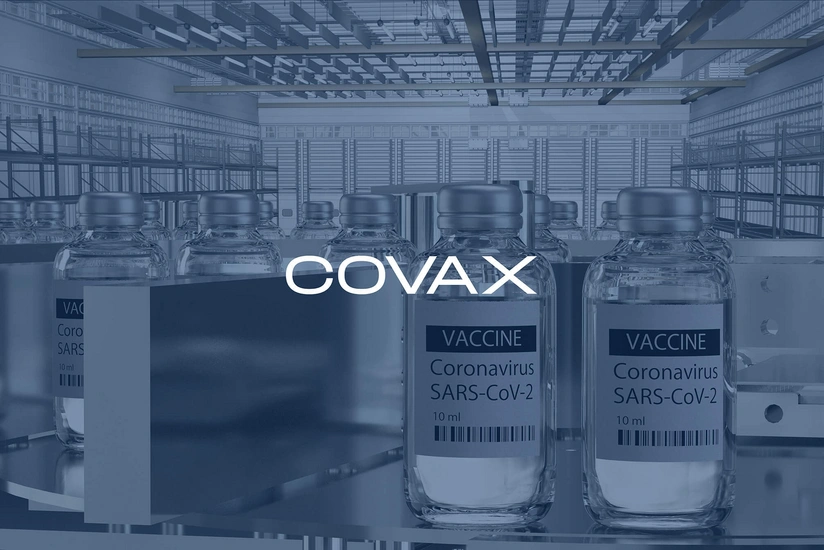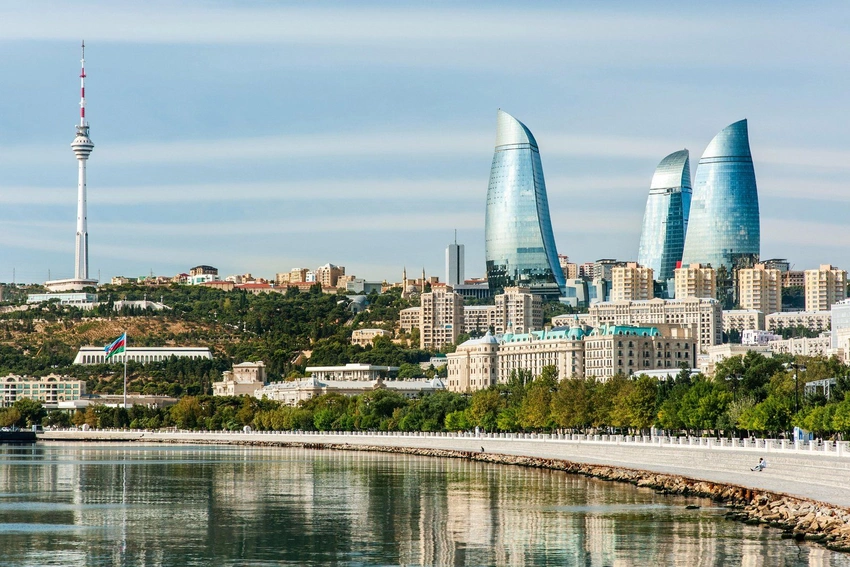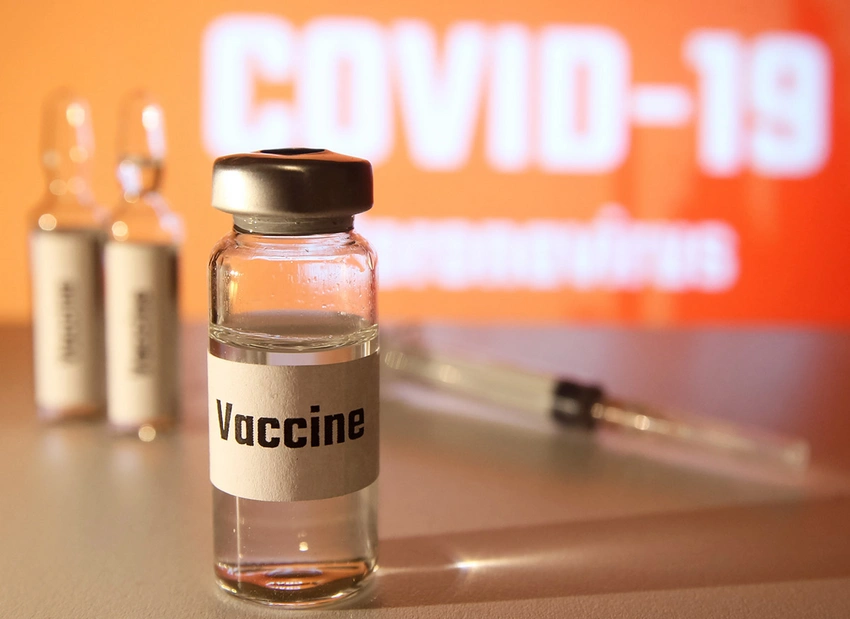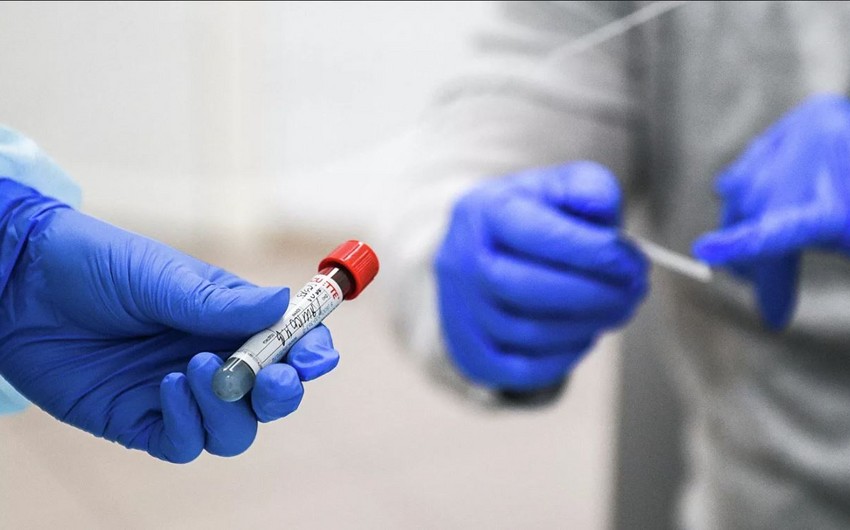Haber Global notes unfair approach to Azerbaijan in issue of vaccination
- 27 March, 2021
- 05:29

Humanity has been fighting an invisible enemy for more than a year. Vaccination is a significant weapon in the struggle against coronavirus which has claimed 2.7 million lives throughout the pandemic. But the world is still unable to unite on this issue. Unfair vaccine supplies cause disagreements, and Azerbaijan is one of the countries that are facing this injustice.
Azerbaijan is one of the first countries that joined the international program COVAX, which is dealing with vaccine distribution. However, COVAX does not fulfill the promise given to Azerbaijan. The vaccines which will be purchased in the first quarter of this year have not been dispatched yet.
The first batch of the Biontech/Pfizer vaccine was supplied to the South Caucasus region, i.e., to Georgia, as part of the COVAX initiative. On March 13, the country received the AstraZeneca vaccine. However, not a single dose of these vaccines has been sent to Azerbaijan yet.
Report informs that Haber Global has learned the reasons behind that injustice.
Haber Global asked Pfizer when the vaccine will be supplied to Azerbaijan. According to a company representative, they are working actively with governments worldwide and global partners in health to ensure that the vaccine is distributed on a fair and unbiased basis, adding that currently, they have nothing to declare.
Ilham Aliyev: They even do not tell us when we will get the vaccine.
"We were to get the AstraZeneca vaccine long ago, but we couldn't. We could not get it for several months. We could not get the Pfizer and Moderna vaccines under the COVAX initiative. They do not tell us when we will get the vaccine," President Ilham Aliyev said.

Azerbaijan is at the forefront of the fight against the deadly pathogen. During the pandemic, Baku provided humanitarian assistance to 30 countries, donated $10 million to the World Health Organization. A UN summit on coronavirus was held at the invitation of Azerbaijani President Ilham Aliyev. In all his speeches, Ilham Aliyev paid particular attention to the inequity in the distribution of vaccines.
"Developed countries make up 14 percent of the world's population. But these countries have ordered 53 percent of all vaccines in the world. That is, injustice and inequity are still there. Wealthier countries have ordered 98 percent of Moderna vaccines. Pfizer is a European vaccine. Rich countries have ordered 96 percent of the Pfizer vaccine. What should the citizens of poorer countries do?" the President of Azerbaijan said, addressing the world community.
Delivery date unknown

According to the latest COVAX data, fewer vaccines may be delivered to Azerbaijan than promised. Their delivery date is unknown.
Despite all the injustice, thanks to Azerbaijan's timely measures, the country has faced no problem with vaccination. Chinese company Sinovac has vaccinated half a million people in the country with the CoronaVAC vaccine. The vaccine is currently being administered to people aged 40 and over.
"Fortunately, our Chinese partners are fulfilling their obligations. We also have the opportunity to purchase vaccines," President Ilham Aliyev said.
No one is safe unless every country is safe
The coronavirus continues to pose a threat to the entire world. No country is safe if all countries are not safe. An effective weapon is vaccination. But the vaccine is not being distributed fairly. While rich countries get the jabs, some poor countries have not been able to get even a single dose.

The unequal distribution of vaccines has reached such a level that the World Health Organization (WHO) described the current situation with black humor. The fact is that some countries have lined up to receive free doses from the COVAX Assistance Program, which was created to vaccinate poor countries.
About 500 million doses of the vaccine have been created worldwide. 3/4 of them were used by only five countries.
Vaccination "wars" are not only fought between rich and poor countries. The European Union (EU) and the UK cannot distribute vaccines manufactured by AstraZeneca.
The inequity in the distribution of vaccines has also become a problem for the 27 EU countries. The principle of vaccine distribution among the population is not applied.

